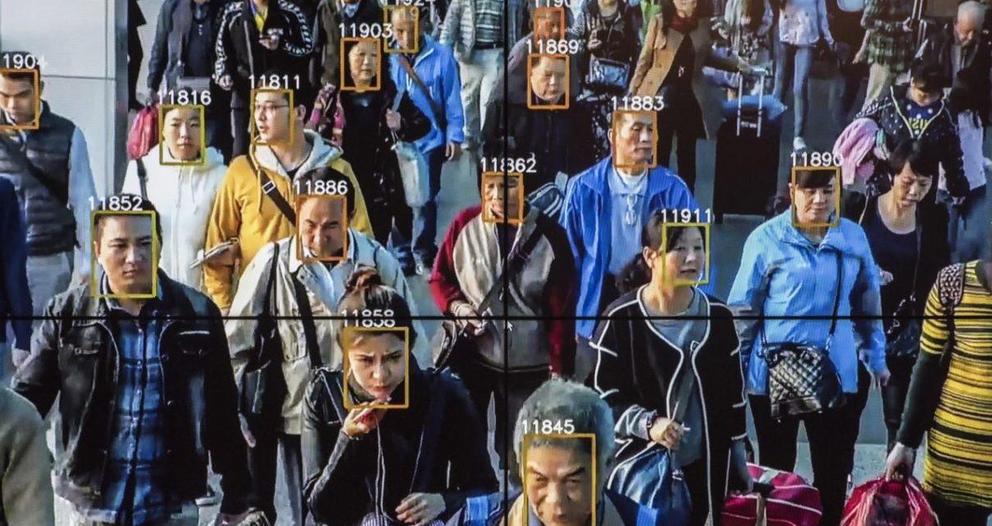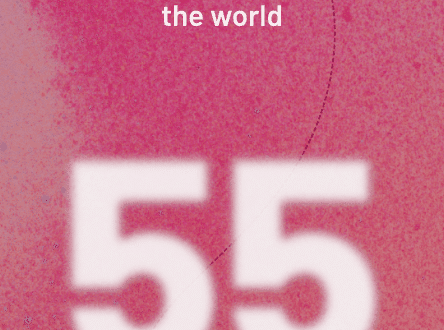Are all of the buzzwords simply another mask for the next stage of colonialist-corporate-capitalism?
The Coming Terror of Social Impact Finance and Social Credit Scores
Derrick Broze with Activist Post reports:
Will the social engineers of the future use social engineering tools such as social credit scores and social impact finance to co-create a more equitable and just world? Or are all of the buzzwords simply another mask for the next stage of colonialist-corporate-capitalism?
“The Industrial Revolution and its consequences have been a disaster for the human race. They have greatly increased the life-expectancy of those of us who live in ‘advanced’ countries, but they have destabilized society, have made life unfulfilling, have subjected human beings to indignities, have led to widespread psychological suffering (in the Third World to physical suffering as well) and have inflicted severe damage on the natural world. The continued development of technology will worsen the situation. It will certainly subject human beings to greater indignities and inflict greater damage on the natural world, it will probably lead to greater social disruption and psychological suffering, and it may lead to increased physical suffering even in ‘advanced’ countries.” ― Theodore John Kaczynski, Industrial Society and Its Future
Between 1978 and 1995, Theodore John Kaczynski, or simply Ted Kaczynski, launched a coordinated bombing campaign in an attempt to raise awareness about the threat digital technology poses to the planet and all life. Kaczynski’s bombs resulted in the deaths of 3 people, 23 persons injured, and him being sentenced to spend the rest of his life behind bars in the supermax prison in Florence, Colorado.
On September 19, 1995, The Washington Post and The New York Times co-published Kaczynski’s manifesto, Industrial Society and Its Future, and quickly catapulted the terrorist to cult status among certain radical anti-technology activists and anarcho-primitivists. It was the publication of Kaczynski’s writing that ultimately led to his capture and imprisonment. Since that time, his words and ideas have been heavily debated, dissected, praised, and scorned.
For many Millennials and Gen-Z who grew up with the Internet (or in some cases “on the Internet”), the issues that Kaczynski speaks to are very real — isolation, over-socialization, disassociation. These experiences are familiar to many of the recent generations who spent their childhoods learning on computers, navigating the world filtered through memes, self-obsessed social media, and feeling the judgement or praise that comes with a life lived via the net. Numerous studies over the last decade have clearly highlighted the negative effects of spending too much time on the Internet, comparing and contrasting our lives against largely fictionalized versions of other people’s lives. This disassociation — along with mass surveillance — was exactly what Ted Kaczynski warned about.
“The industrial-technological system may survive or it may break down. If it survives, it MAY eventually achieve a low level of physical and psychological suffering, but only after passing through a long and very painful period of adjustment and only at the cost of permanently reducing human beings and many other living organisms to engineered products and mere cogs in the social machine. Furthermore, if the system survives, the consequences will be inevitable: There is no way of reforming or modifying the system so as to prevent it from depriving people of dignity and autonomy.”
“If the system breaks down the consequences will still be very painful. But the bigger the system grows the more disastrous the results of its breakdown will be, so if it is to break down it had best break down sooner rather than later.” ― Theodore John Kaczynski, Industrial Society and Its Future
Read More at Activist Post!










